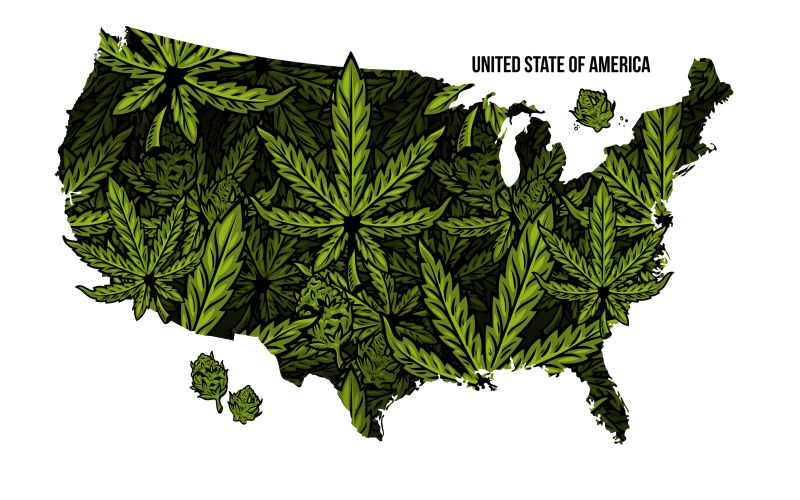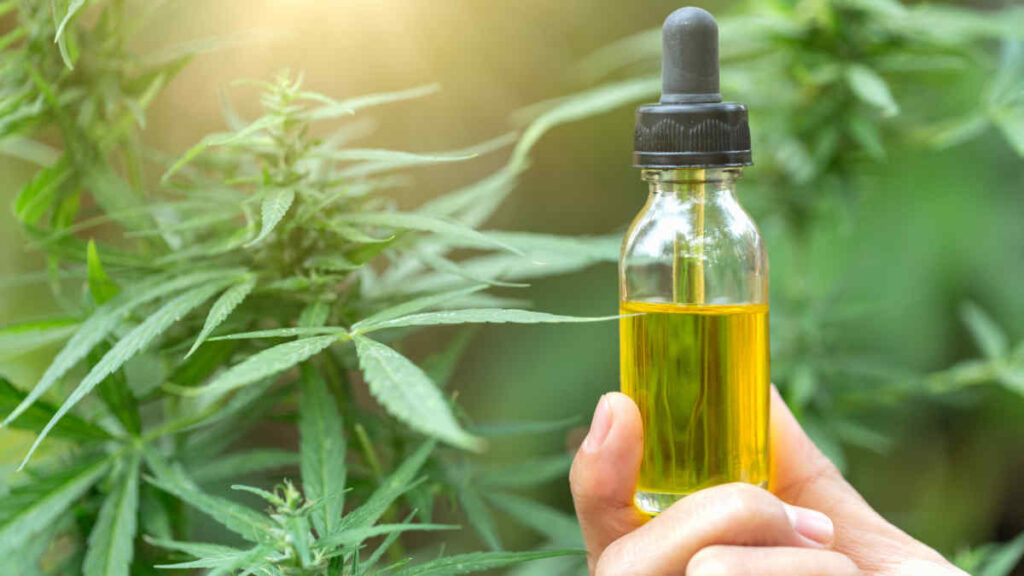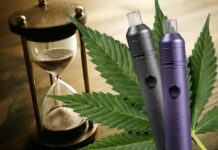
In recent years, CBD (cannabidiol) has emerged as a significant player in the health and wellness industry. Its purported benefits range from pain relief to reducing anxiety and depression, making it a sought-after product worldwide. However, the legal landscape of CBD use and distribution varies significantly from one country to another. This post explores the global legal framework surrounding CBD, focusing on restrictions and permissible uses in different regions.
Legal Status of CBD in the United States

The legal status in the United States is complex, primarily due to its federal and state-level regulations.
Federally, the 2018 Farm Bill legalized hemp-derived products containing less than 0.3% THC (tetrahydrocannabinol). This legislation differentiated hemp from marijuana, classifying it as an agricultural commodity. Despite this, the Food and Drug Administration (FDA) maintains strict regulations over the marketing and labeling of CBD products, prohibiting the addition of CBD to food or the marketing of it as a dietary supplement.
State laws, however, can diverge significantly from federal regulations, creating a patchwork of legality across the country. Some states have fully embraced the Farm Bill, adopting more lenient policies toward CBD’s production, sale, and consumption. Others have imposed stricter controls, requiring specific labeling or testing requirements, or even outright banning certain types of CBD products. This discrepancy necessitates a careful review of local laws before purchasing or selling CBD in a given state. For those navigating this complex landscape, check CBDproductsguide.com.
They offer a comprehensive resource for understanding the legal status in various states, ensuring compliance with local regulations.
CBD in Europe: A Varied Legal Landscape

Europe presents a diverse array of legal stances on CBD, influenced by individual member state laws and European Union (EU) regulations.
The EU has not harmonized CBD regulation, leading to a wide variation in legal treatment across member states. However, the European Court of Justice ruled in 2020 that CBD should not be considered a narcotic, allowing for its legal trade between EU countries as long as it complies with EU legislation. This has opened doors for a more unified approach to regulation in the future.
Despite the EU’s overarching stance, individual countries maintain their own rules regarding CBD. For example, the United Kingdom allows for the sale of CBD products as long as they do not contain more than 0.2% THC. Conversely, countries like Slovakia classify CBD as a psychoactive narcotic, banning its sale and use entirely. These differing regulations reflect the ongoing debate and evolving legal framework surrounding CBD in Europe.
Asia and CBD: Strict Regulations Prevail
Asia’s approach to CBD is generally more conservative, with strict regulations in many countries.
In most Asian countries, CBD is heavily regulated due to its association with cannabis. Nations such as China and Japan allow CBD but impose strict purity standards, prohibiting any trace of THC. These restrictions reflect the broader cultural and legal attitudes towards cannabis and its derivatives in the region.
Conclusion
CBD’s legal status around the world remains a complex and evolving issue. While some regions embrace its potential, others approach it with caution. The diverse legal landscape underscores the importance of understanding local laws and regulations, ensuring compliance, and fostering a responsible global market.








